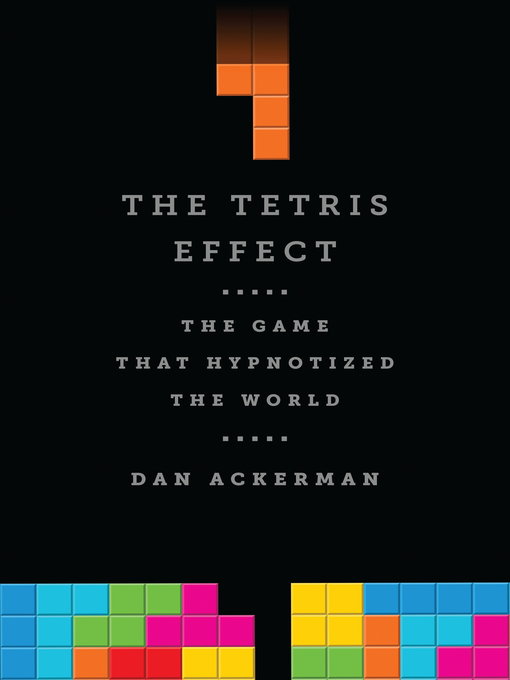- Available Now
- Newly Added eBooks
- Most Popular eBooks
- Try Something Different
- See all ebooks collections
- Available Now
- Newly Added Audiobooks
- Most Popular Audiobooks
- Try Something Different
- See all audiobooks collections
- Trending Titles
- Booktok Made Me Read It
- Find Your Way to Another World
- Diverse Reads for Kids & Teens
- Cuddle Up with a YA Romance
- Thrillers for Teens
- Feel Good Reads
- Being Young and In Love
- Baddies in Books
- Books to Rule Us All (YA)
- Read with Pride
- See all teens collections


